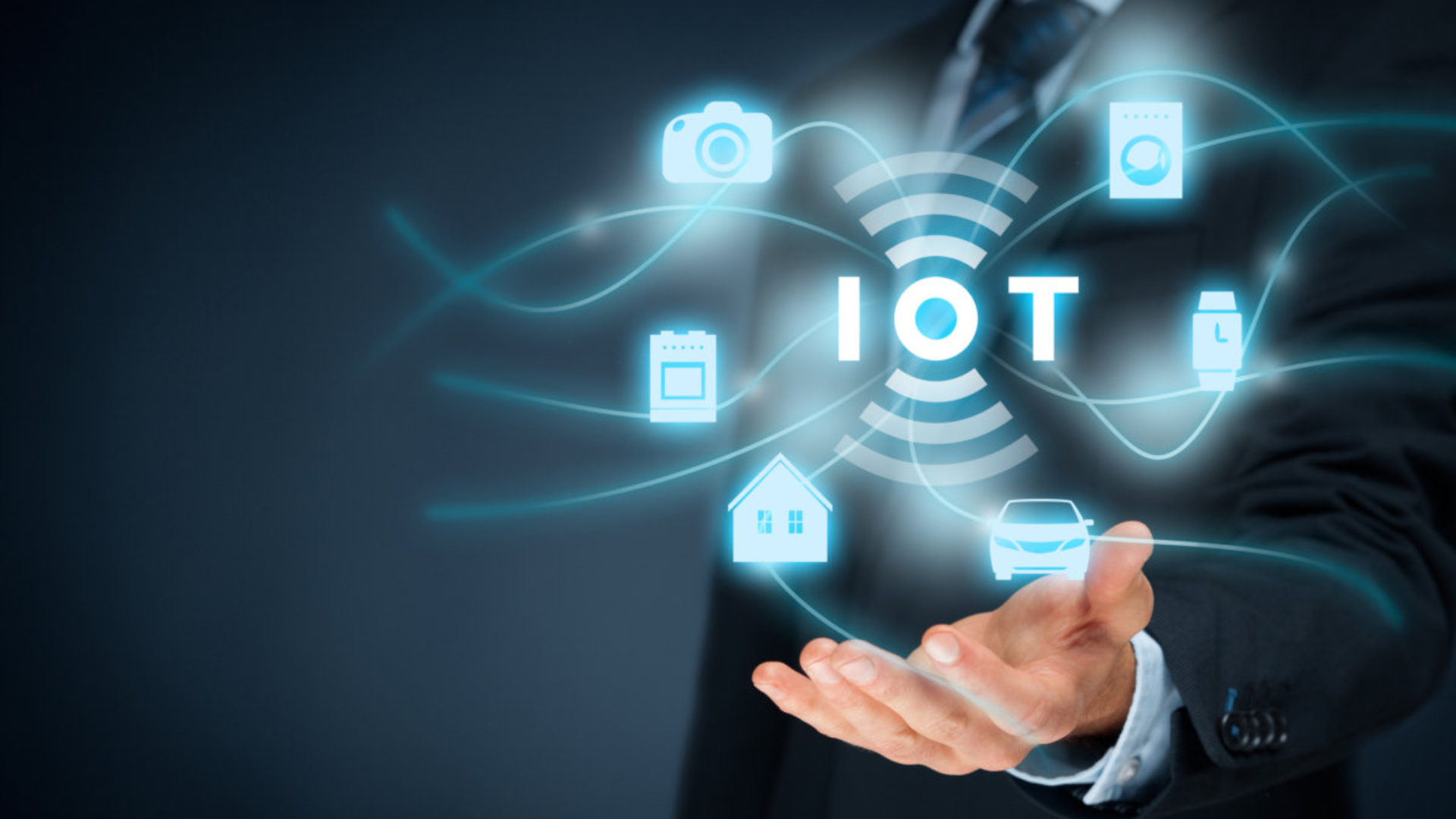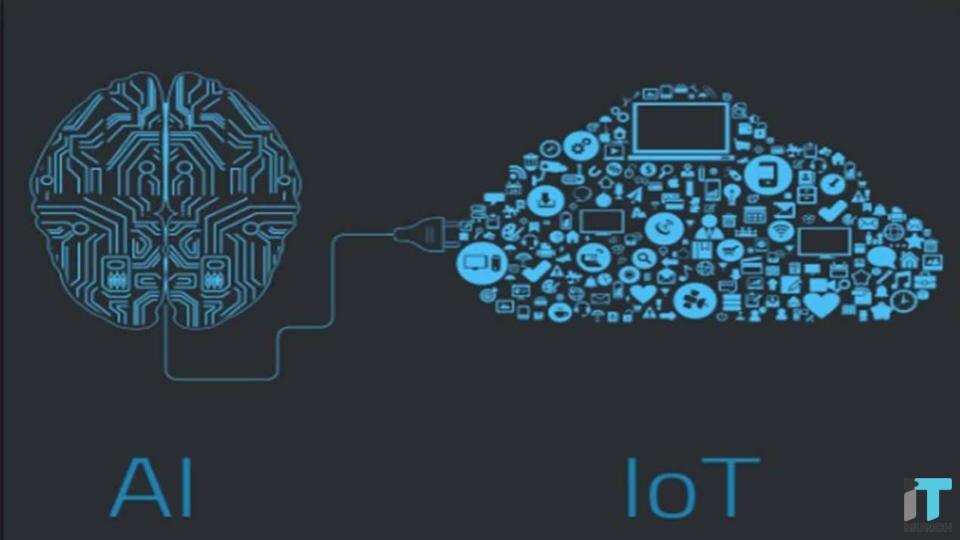I’m sure you have smart TVs, smart thermostats, or even smart lights. And if you don’t have them, then you’ve heard of them being discussed by your peers. Well, the use of automated systems has become a hot topic within industrial systems. In-depth analysis and remote management of devices are key factors in the success of current major conglomerates. But there is always the need for companies to stay ahead of the curve in the Internet of Things (IoT).
But how is IoT getting smarter?
Since major companies have adopted IoT solutions, there is an enormous amount of data being exchanged within single networks across many many miles. Big data paves the way in dictating our IoT solutions . There is a growing need to collect, clean, and parse mondo amounts of data to provide meaningful solutions. Real time solutions require artificial intelligence algorithms to efficiently clean data and dismiss anomalies without over-utilizing device resources.
The use of Artificial Intelligence (AI) within IoT is known as the Artificial Intelligence of Things (AIoT). These techniques are able to optimize and effectively predict outcomes vital to operations faster and with greater accuracy than standard solutions. AIoT integrated with Big Data being driven by thousands of connected devices within a network can exponentially increase a company’s productivity, thus solidifying its reputation among peers. Mark Hurd, CEO of Oracle Corp., has advocated for AI in IoT and realizes its potential.
AI and its offshoot, machine learning, will be a foundational tool for creating social good as well as business success.
Neil Jacobstein, chair of the AI and Robotics track at Singularity University, dismisses the notion of fear incorporating artificial intelligence into IoT by saying:
It’s not artificial intelligence I’m worried about, it’s human stupidity.
The intelligent algorithms of machine learning will soon eclipse mankind in predictive behavior and multivariable analysis. IoT companies are realizing this inevitability and are adopting AI into their smart solutions. The ability to combine high prediction rates with fast processing speed is being adopted by more companies in 2020. IoT companies that have adopted Artificial Intelligence and Deep Learning algorithms are unlocking this potential for effective, lucrative production.
Steve Veith, the founder and lead analyst of IoT Sources, discusses the challenges IoT companies face with the tremendous amounts of data generated by IoT systems. These companies need to remain competitive in their field while not sacrificing the integrity of their products. AIoT is gaining traction much faster than anticipated. Results are being noticed by other companies in the field, driving them to adopt AIoT earlier than we anticipated.

If you look at the areas that are leading the world in AI adoption, data analysis and optimization are driving this change. Industrial IoT systems are aiming to further relieve the stress of direct system maintenance by adopting AI into their solutions. AIoT is driving success by helping top companies analyze, optimize, and report Big Data at speeds unseen before with standard IoT solutions.
So what are we to expect to happen with AIoT in years to come?
Most companies are still at the early stages of leveraging AI capabilities within their IoT systems. As they begin to integrate AI and Big Data into their network, we will witness a rise in the productivity of data extraction and eventual obsolescence of hands-on maintenance. AIoT will evolve the decision-making capabilities of our industrial systems and provide value to every market involved.

